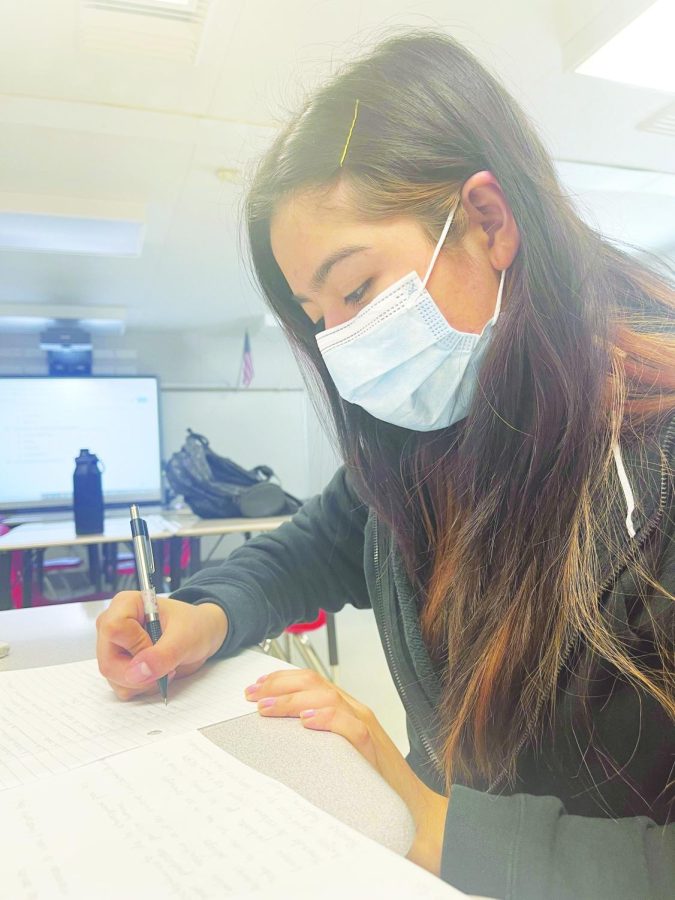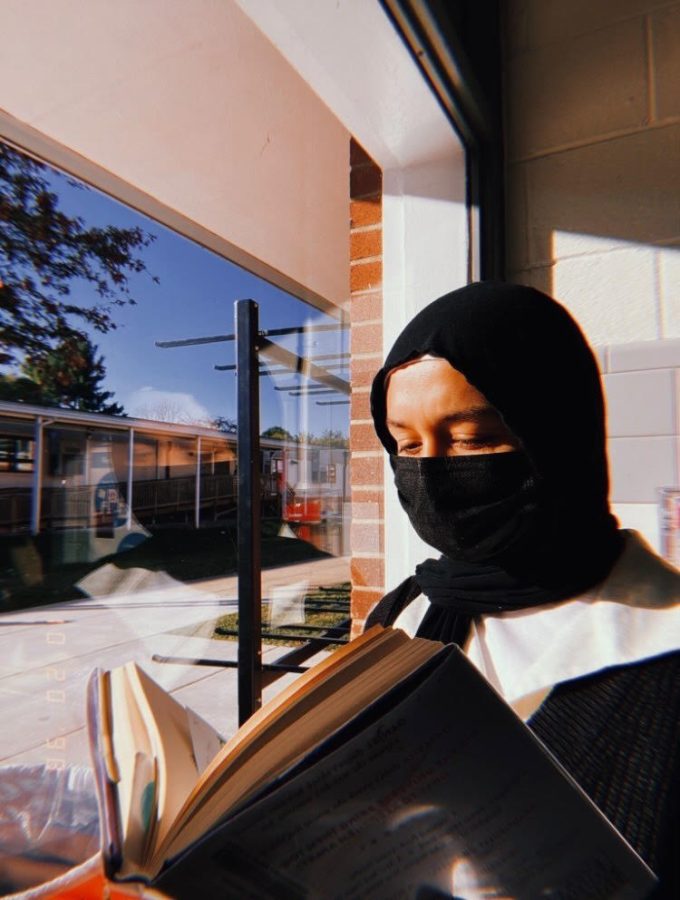In recent months, the removal of Diversity, Equity, and Inclusion (DEI) policies in schools has sparked heated debates across the country and also here at AHS. These policies, which were designed to promote fairness and representation for marginalized groups, are now being rolled back in many states.
For some, this decision is a step backward, while others see it as an opportunity to rethink how schools address diversity. “When it comes to a school, diversity is one of the most important things that we can have.” Spanish teacher Miles Meijer said. This sentiment reflects the belief that diverse classrooms help students learn from one another and prepare for a multicultural world.
However, not everyone agrees, “Just hiring people based on their race (DEI) is not a real long-term solution. It’s just like telling someone what they want to hear just so they can shut up.” Substitute teacher Mohammed soukkarieh said, This contrasting opinion shows the complexity of the issue. DEI programs were introduced to address historical inequalities in education and employment. They aimed to ensure that students and staff from underrepresented communities had equal opportunities.
For many, these policies were a lifeline. Students of color, LGBTQ+ youth, and those from low income backgrounds often found support through DEI initiatives, such as mentorship programs, scholarships, and cultural awareness training. Without these programs, some fear that these communities will be left behind. “With the support and sponsorship of a teacher who shares my cultural background, I successfully founded my cultural club, SASA,” Junior Aarushi Lamichhane said.
The timing of these changes has also raised questions,“A lot of those programs are coming to an end anyway, it just also happens to coincide with the new presidential administration.” History teacher Andrew Butts said. This suggests that the removal of DEI policies may be part of a broader political shift. Critics argue that this decision undermines efforts to create inclusive environments.
For students, the impact of losing DEI programs could be significant. High schoolers, in particular, often rely on these initiatives to feel seen and supported. Programs like IEP(a program tailored to meet the individual needs of students with disabilities), and cultural heritage clubs provide safe spaces for students to express themselves and connect with others who share similar experiences. Without funding or institutional support, these groups may struggle to survive.
Teachers and staff are also affected. “Unfortunately, someone close to me was affected by the DEI, she lost her job for no reason, and today where I currently work, someone was fired and was not given a reason as to why, they were both women and one is a person of color” Counselor Dora Morales said.
DEI policies often encouraged schools to hire more educators of color, creating role models for students from similar backgrounds. Some criticism of DEI hiring practices, however, reflects a different perspective. They argue that focusing solely on race doesn’t solve deeper issues, such as systemic inequality or the need for better training and resources for all educators.
While the debate over DEI policies continues, one thing is clear, the removal of these programs will have real consequences. For some communities, it means losing vital support systems. For others, it’s a chance to explore new approaches to diversity and inclusion.The conversation about DEI policies is about more than just programs,it’s about how we define fairness and opportunity in education. Whether these changes will lead to progress or setbacks remains to be seen.









